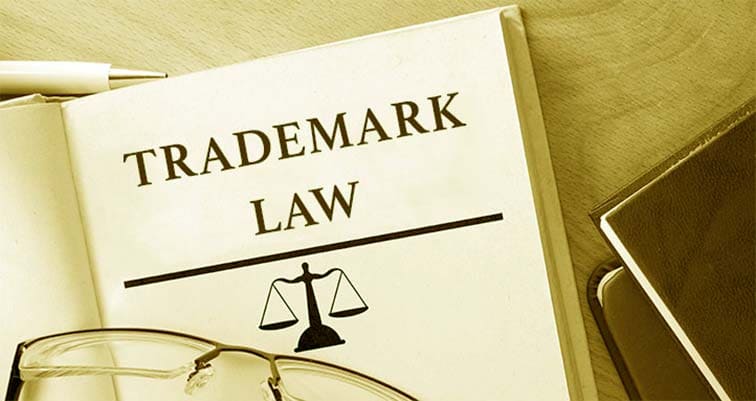In a recent judgment by the Delhi High Court (Havells India Limited vs. Panasonic Life Solutions India Pvt. Ltd., CS (COMM) 261/2022), the Bench comprising single judge, Justice Jyoti Singh, restrained Panasonic, one of the largest electronic product makers in the world, from manufacturing, marketing and selling (including on the online platforms) the “Venice Prime” series of its ceiling fans as it was found to be deceptively similar to the “Enticer Art-NS Stone” series manufactured by Havells, an Indian multinational electrical equipment company.
Aggrieved by the Defendant Panasonic launching its new series of ceiling fans namely Venice Prime, which the Plaintiff Havells India claimed to be a blatant imitation of its registered design- the Enticer/Enticer Art series of ceiling fans, the Plaintiff was forced to approach the court to obtain an interim injunction against the Defendant so as to restrict the latter and its agents from manufacturing/ marketing/ selling the impugned product.
The Plaintiff contended that since its inception in the year 1983, it had become a market leader in manufacturing and trading of various types of fans in India and was in constant receipt of industry admiration. It was further averred by the Plaintiff that it was a registered design owner of its different ceiling fans, including the Enticer range, the USP of which was the artistic work in the floral motif patterns and unique colour scheme on the trims. These were created by the Plaintiff’s employees and the Plaintiff thus had copyright in them. Further, the Plaintiff argued that it had been exceedingly watchful in safeguarding its statutory and common law rights vested in the design, get-up, layout, pattern, etc. from misuse by third parties and had constantly taken appropriate legal actions against any such improper use.
The Plaintiff further contended that the Defendant’s Venice Prime series of fans was a near replica of its registered designs, and since both the parties belonged to the same field of activity and were, in fact, competitors of each other, the sale of the impugned goods would undoubtedly cause confusion as to their origin, causing serious prejudice to the consumers and the Plaintiff. Thus, the unauthorized imitation, identical reproduction and piracy of the registered design of the Plaintiff by the Defendant constituted an infringement under Section 22 of the Designs Act, 2000. Needless to say, the dishonest adoption of the Plaintiff’s designs would also dilute the distinctive character of the Plaintiff’s brand which had over a period of time acquired a good reputation among its consumers.
The Defendant, on the other hand, contested the averments made by the Plaintiff on the ground that it had been in electrical business for over five decades and that the Venice Prime series of ceiling fans was inspired from the Defendant’s earlier brand CAPTOR, launched in the year 2020. The Defendant further accused the Plaintiff of suppression of material facts, such as concealing the pendency of challenge against its impugned registered design, and that the latter had not come before the court with clean hands. The Defendant also highlighted the differences between the two products, particularly that the Plaintiff’s pattern had thick intersecting yellow lines with greyish hazy/smoky background, while the Defendant’s Venice had a colour combination of gold and silver in abstract lines and the other two also had abstract patterns in a different colour scheme. It was also contended by the Defendant that since the Plaintiff had claimed trademark rights in its registered designs, the design registration had become vulnerable and was liable to be cancelled in accordance to Section 19(1)(e) of the Designs Act (“Any person interested may present a petition for the cancellation of the registration of a design at any time after the registration of the design, to the Controller on any of the following grounds, namely: that it is not a design as defined under clause (d) of section 2”).
Pursuant to hearing the arguments and submissions made by both the parties, the court eventually agreed with the Plaintiff, holding that the Defendant has slavishly copied and imitated the Plaintiff’s design.
The Court stated that it is a settled law that parties can raise alternate and inconsistent pleas but should not be permitted to raise pleas which are mutually destructive of each other. Thus, even if the Plaintiff asserted a claim of trademark in a registered design, it was still open to plead that it had goodwill and reputation and the Defendant by misrepresentation was passing off its goods as that of the Plaintiff’s, thereby causing damage and injury to the Plaintiff.
The court was satisfied that the impugned design had been created with a clear intent to copy the design of the Plaintiff. Also, the court was of the opinion that there was no suppression of material facts by the Plaintiff.
The court noted that in the event the interim injunction was not granted, irreparable loss shall be caused to the Plaintiff as the Defendant was infringing the design of the Plaintiff and passing off its goods as that of the Plaintiff, thereby deceiving the public.
Source:

